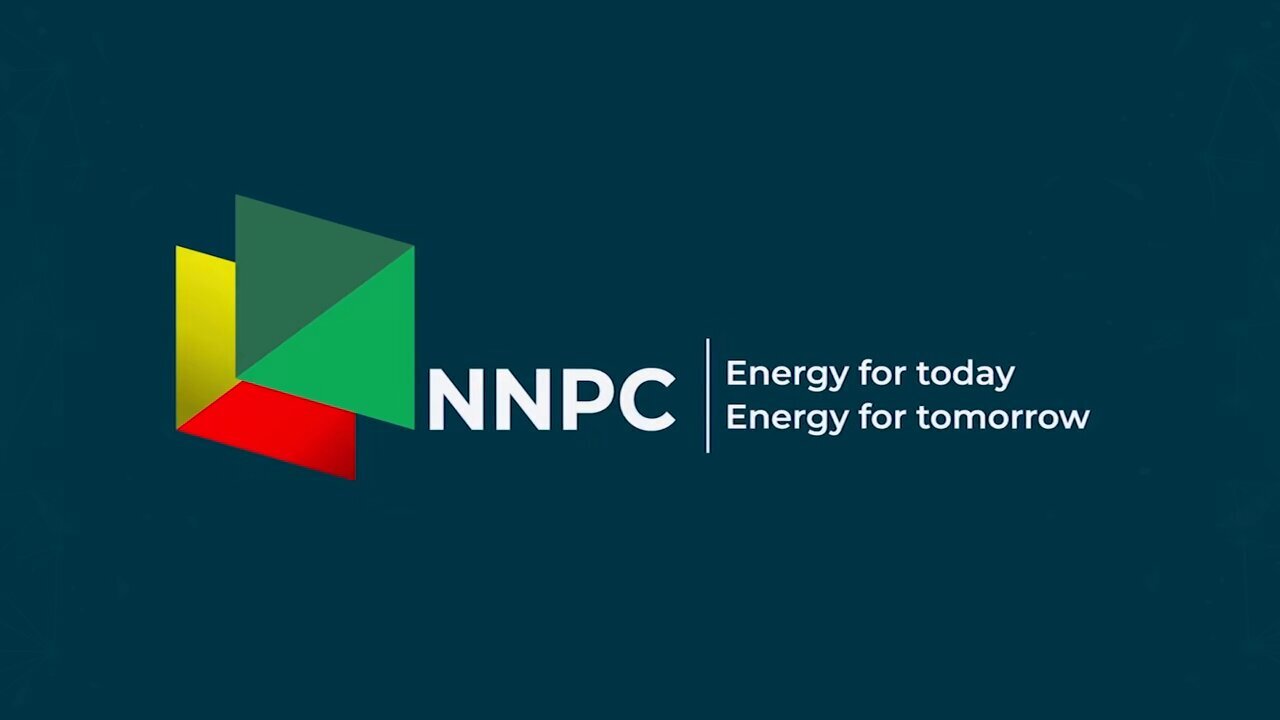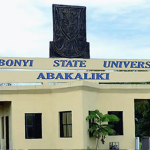In life, it is an unwritten law that one cannot be a friend to all. Put more succinctly, it can never ever be possible that you must be loved by all and sundry, whatever you do for, or mean to them. In fact, there’s a saying out there on the streets that if you truly want to be liked by all, then you should go and start selling ice cream, fast.
Trying to befriend everyone means you will not be able to maintain genuine friendships. This is because friendships require love, care, and attention. And all these can not be given to too many people at once. Therefore, being a friend to all will result in, literally, being a friend to none!
The story of Nigeria’s national oil company, the NNPC, is akin to the above truisms about life. Ideally, the company, which should represent a national treasure for all Nigerians is not loved by all. And right from its days as a Corporation, it has, from all indications, understood that reality despite what it does for Nigerians and irrespective of its status as a major enabler for the Nigerian economy. Such is life and that will never change.
Of recent, there appears to be a recent negative trend within the Nigerian social media parlance, where the online commentariat, largely made up of cyber arm-chair critics and so-called self-acclaimed energy experts, come down hard on the NNPC, in a well-orchestrated onslaught. This latter-day bashing comes in the form of ill-informed opinions or skewed interviews granted and targeted principally at its operations and often times, towards its management.
These criticisms have as their hidden intent, a well-hatched plan to bring the Company, and by extension, the entire nation, down to its knees. For instance, how else can one explain a scenario where these critics, most of whom knew nothing about the workings and operations of the Oil & Gas Industry, sit down and concoct lies against a Company that is pivotal to Nigeria’s economic progress and long-term survival.
What do they stand to gain by making inaccurate comments that are potentially damaging towards one of Nigeria’s major business institutions? What is the benefit if their National Oil Company goes down as a result of their highly cynical opinions which seem to keep discerning investors away? Where is their patriotism? Where is the national pride and where lies their conscience?
These traducers, in their myopic view, always think NNPC, led by Mele Kyari is the problem of Nigeria. No, NNPC can never be Nigeria’s headache. Again, these critics, in their warped thinking and imagination, believe they or their paymasters can do better when asked to steer the ship of a Company that is gradually fighting its age-long demons and gradually coming back to life.
A saying goes that “critics are like eunuchs in a harem, they have seen it done times without number, but they can never do it themselves.” The NNPC critics fall in this category, because they have, many at times, been witnesses to how the Company, turbo-charged by the new legislative chest of the Petroleum Industry Act (PIA) is gradually transforming into a world-class commercial entity of choice. Sadly, like the eunuchs, these on-watching cynics can never do it themselves.
The NNPC Management, especially under Kyari’s stewardship, has never shied away from its many challenges. If anything, it has always been seen to face the challenges headlong. And the result of that confrontation has seen the company’s fortunes, growing in leaps and bounds.
Since mounting the saddle in July 2019, the whole world has seen how the Borno-born technocrat consistently keeps demonstrating a commitment to reform and grow the NNPC, almost from the scratch, as a true National Oil Company that delivers value for all Nigerians and other stakeholders.
Little by little, the NNPC is getting recognized by international organizations and industry experts, as it continues to deliver value to Nigerians. The company’s critics will do well to know that in recent years, the NNPC has recorded some significantly giant strides, which have pitched the Company on a growth trajectory and on a greater pedestal to compete favorably with its global peers.
Perhaps these critics’ vision was blurred by hatred when the NNPC management, led by Kyari in 2019, took a then perennial loss-making entity by the scruff of the neck and emplaced it on the path of profitability and prosperity. It was quite unprecedented that in 2020, NNPC declared a profit of N287 billion. And like the typical Ijebu Garri, the profit kept rising, growing to N674 billion in 2021 and climbing to an all-time high of N2.5 trillion in 2022.
Today, the NNPC Limited is much more transparent and accountable, a development that has earned it a recognition even at the global level. In September 2023, on the sidelines of the United Nations General Assembly (UNGA), it signed up to the United Nations Global Compact (UNGA), becoming the first state-owned oil company to do so.
It is no longer news now that the NNPC Limited has carved a unique sobriquet as the “champion of the Federal Government’s Gas Revolution.” As we speak today, the company remains at the forefront of driving Nigeria’s domestic gas utilization initiatives, which are aimed at improving power generation, industrialization, revenue generation, and diversification of the energy mix across the country.
From the Obiafu-Obrikom-Oben (OB3) to the Ajaokuta-Kaduna-Kano (AKK) Gas Pipeline Projects, the NNPC Limited has remained focused on deepening in-country gas utilization. And by the time the company gets done with inter-connecting the major network of gas pipelines across the country in line with the nation’s Gas Master Plan, one can confidently say that Nigeria’s economic growth is assured.
Already, NNPC is revitalizing Nigeria’s refining capacity through the rehabilitation of refineries in Port Harcourt, Warri, and Kaduna. This is aside encouraging strategic partnerships in modular refineries, all aimed at increasing domestic refining capacity and in the long run, securing Nigeria’s energy future.
NNPC’s critics should also be bold enough to see how the company is spearheading diversification efforts and exploring new business opportunities in renewables, power, petrochemicals, medical, and telecommunications sectors. Today, the company represents the true evidence that Nigeria’s Energy Transition Plan is well on course.
Think about the major contributions offered by the NNPC to the Federal Government (royalties, fuel subsidy payments, FAAC allocations and even critical interventions during the dreaded COVID-19 pandemic), and you will know whether it is wise to join the bandwagon of such cynical bunch of Nigerians who want to see the NNPC go down to its very foundations.
The milestones are many and we can go on and on and on reeling them out here. However, no matter one tries to explain NNPC’s modest achievements amidst its many teething challenges to its traducers, it will look like speaking to deaf ears. This is especially when these critics have chosen never to appreciate anything good coming from the company.
It is a herculean trying to deter the critics from their trade of “airing their views” on the NNPC. It is even more difficult trying to win these cynics to love the NNPC, even as a form of national duty and pride. Just as it is a waste of time advising the critics to engage in constructive criticisms to grow the NNPC and help it attain its aspirations.
It is however instructive to state that insisting on bringing down a National Oil Company no matter its efforts to overcome its challenges is the greatest disservice to Nigeria. This is because when the four towers of the Company go down (God forbid), everyone, including the cynics and their kith and kin, will be adversely affected.
As the largest national oil and gas company on the entire African continent, the NNPC has what it takes to grow and grow into a global leader like its peers in Brazil, Indonesia, and Saudi Arabia. But it can only achieve that when it remains focused and not distracted with pebbles and stones from naysayers, detractors and traducers.
Daminabo, an Oil & Gas lawyer, wrote in from Yenagoa.
























Leave a comment